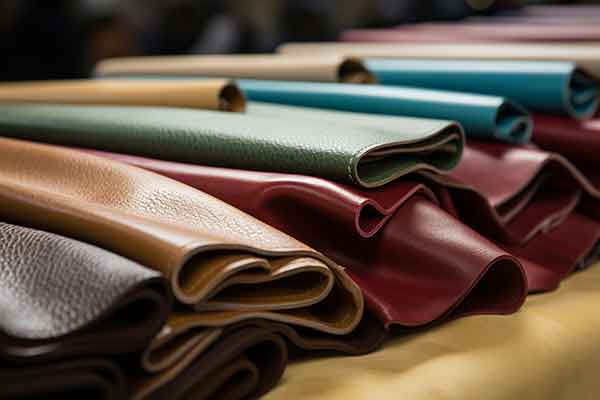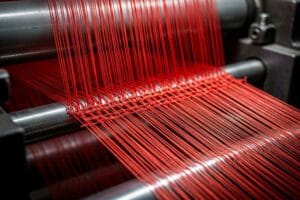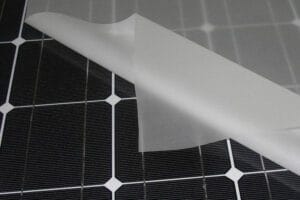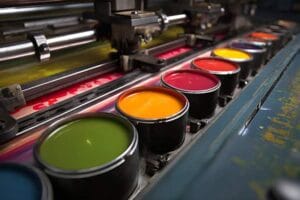Polycarbodiimide has become an invaluable ingredient in leather finishing agents due to its ability to greatly increase durability, chemical resistance and environmental stability of finishes. In this article, we investigate their applications, benefits and underlying mechanism in leather finishing; providing a deeper insight into their role in improving leather products.
What is Polycarbodiimide?
Polycarbodiimide (PCDI) is a polymer composed of repeating carbodiimide groups (-N=C=N-), making them highly reactive crosslinking agents in various industrial applications, such as leather finishing. Their chemical structure allows them to interact with various functional groups, creating stable networks that enhance performance of leather coatings.
Applications in Leather Finishing
Crosslinking Agent
Polycarbodiimide serves as effective crosslinking agent in leather finishes, reacting with carboxyl groups found in polyurethanes, acrylics and other resins to form strong covalent bonds that form three-dimensional networks that enhance mechanical properties such as strength, abrasion resistance and flexibility of leather finishes.
Enhancing Chemical Resistance
Crosslinked networks formed by polycarbodiimide will be a protective shield that increases leather’s resistance to chemicals such as solvents, oils and detergents – particularly beneficial when exposed to harsh environments as this helps preserve its appearance and integrity over time.
Enhancing Hydrolytic Stability
Polycarbodiimide enhances the hydrolytic stability of leather finishes by creating bonds that resist dissolution in humid environments – an important consideration when designing footwear or outdoor equipment that might come into contact with water or humidity.
Polycarbodiimide has become an important additive in water-based leather finishing systems that are more eco-friendly than solvent systems. Their excellent crosslinking properties help lower VOC emissions and support leather’s shift towards sustainable practices.
Reaction Mechanism of Polycarbodiimides in Leather Finishing
Polycarbodiimide’s effectiveness as crosslinking agents lies in their ability to undergo nucleophilic addition reactions with various functional groups in coating resins. Their primary reaction involves carbodiimide groups (-N=C=N-) reacting with carboxyl groups (-COOH-) present in coating formulations for leather finishing applications.
Carbodiimide reacts with carboxyl groups via a nucleophilic addition mechanism whereby an oxygen atom in the carboxyl group attacks its respective carbon atom in the carbodiimide group to form an O-acylisourea intermediate, an essential step in crosslinking processes.
R–N=C=N–R′+R′′–COOH→R–N=C=N–R′+R′′–COO–R′
Benefits of Polycarbodiimide in Leather Finishing
Increased Chemical and Environmental Resistance
Polycarbodiimide leather finishes offer excellent resistance against chemicals, UV radiation and moisture exposure – perfect for products exposed to tough environments like automotive interiors or outdoor gear.
Versatility in Formulation
Polycarbodiimide offers great formulation flexibility when designing leather finishing systems, providing manufacturers with more options to tailor products that meet specific performance criteria while adhering to environmental regulations.
Polycarbodiimide contributes to sustainability by supporting water-based systems in leather production, helping minimize their environmental impact while supporting industry’s move toward more eco-friendly practices, by limiting VOC emissions and supporting eco-friendly products.
Conclusion
Polycarbodiimide plays an integral part in the leather industry, particularly for creating high-performance finishing agents. Their unique ability to form stable crosslinked networks through nucleophilic addition reactions with carboxyl groups results in finishes that are durable, chemical resistant and eco-friendly – ideal characteristics in an age where demand for sustainable leather products continues to surge. Polycarbodiimides will remain at the core of advancing leather finishing technologies ensuring manufacturers meet both performance standards and environmental requirements simultaneously.







